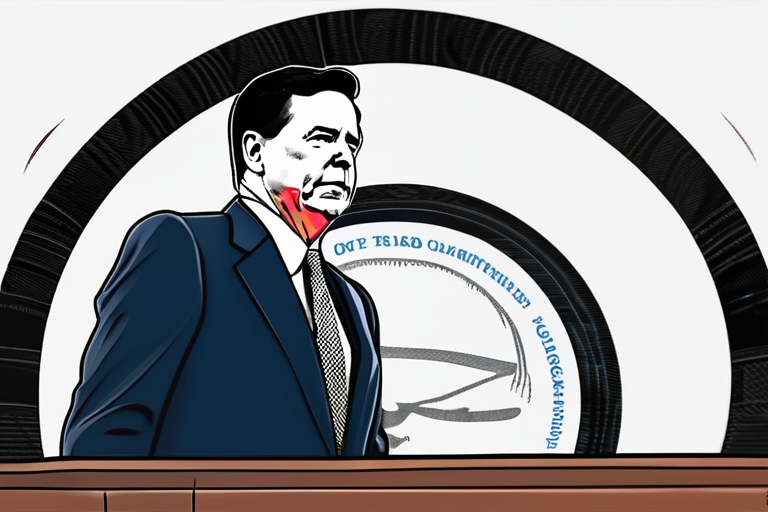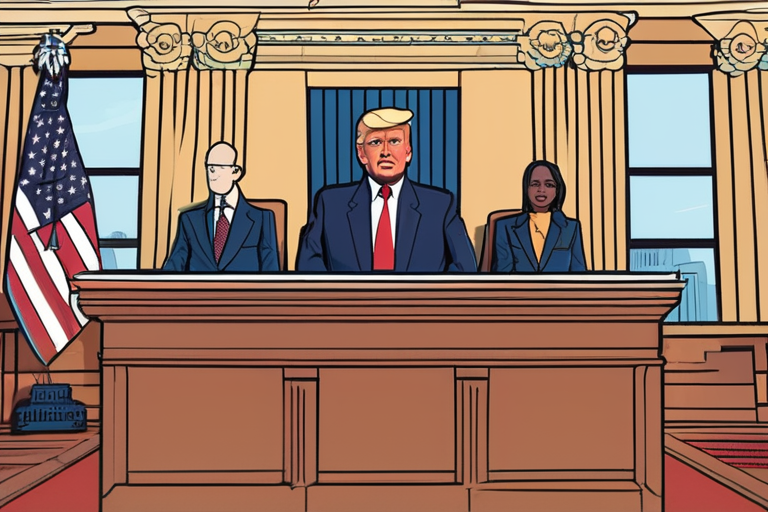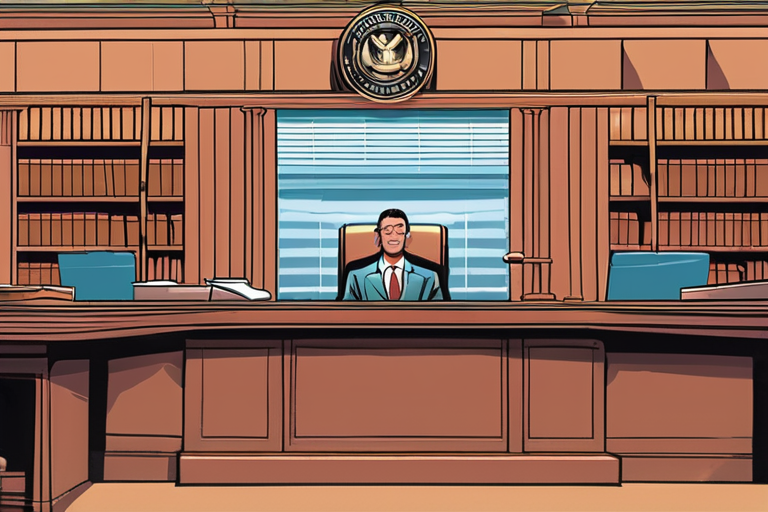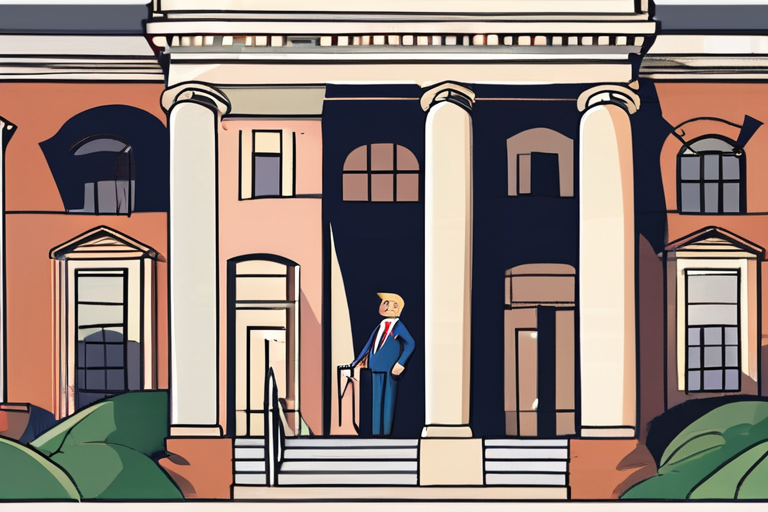A federal judge dismissed the Justice Department's cases against former FBI Director James Comey and New York Attorney General Letitia James, finding that the prosecutor overseeing them was unlawfully appointed to her role. The prosecutor, Lindsey Halligan, a 36-year-old former insurance attorney, was appointed by President Trump as acting U.S. attorney for the Eastern District of Virginia in late September.
According to court documents, Halligan's appointment was made on the day after her predecessor, Erik Siebert, resigned under pressure from the president to bring charges against Comey and James. Judge dismissed the cases, citing that Halligan's appointment was unlawful, which led to the dismissal of the charges against the two high-profile figures.
In a statement, Trump praised Halligan, calling her a "tough, smart and loyal attorney" who "has the strength and courage to do what is right." However, critics argue that Halligan's appointment was a clear attempt by the president to influence the outcome of the cases.
Halligan's background as a former insurance attorney and White House aide has raised questions about her qualifications for the role of acting U.S. attorney. Her appointment has also sparked concerns about the politicization of the Justice Department and the potential for undue influence from the White House.
The cases against Comey and James were highly publicized, with Comey facing allegations of mishandling classified information and James facing allegations of misconduct in her investigation into Trump's business dealings. The dismissal of the cases has significant implications for the Justice Department and the rule of law in the United States.
The decision has also sparked debate about the role of the judiciary in checking the power of the executive branch. As one legal expert noted, "The judge's decision highlights the importance of ensuring that the prosecutor's office is free from political interference and that the rule of law is upheld."
The dismissal of the cases against Comey and James has left many questions unanswered, including what will happen to Halligan's appointment and whether she will face any consequences for her role in the case. The Justice Department has declined to comment on the matter, citing ongoing investigations.
As the situation continues to unfold, many are left wondering about the implications of Halligan's appointment and the potential for future cases to be influenced by politics. The case has sparked a renewed debate about the importance of an independent judiciary and the need for transparency in the Justice Department.


























Share & Engage Share
Share this article